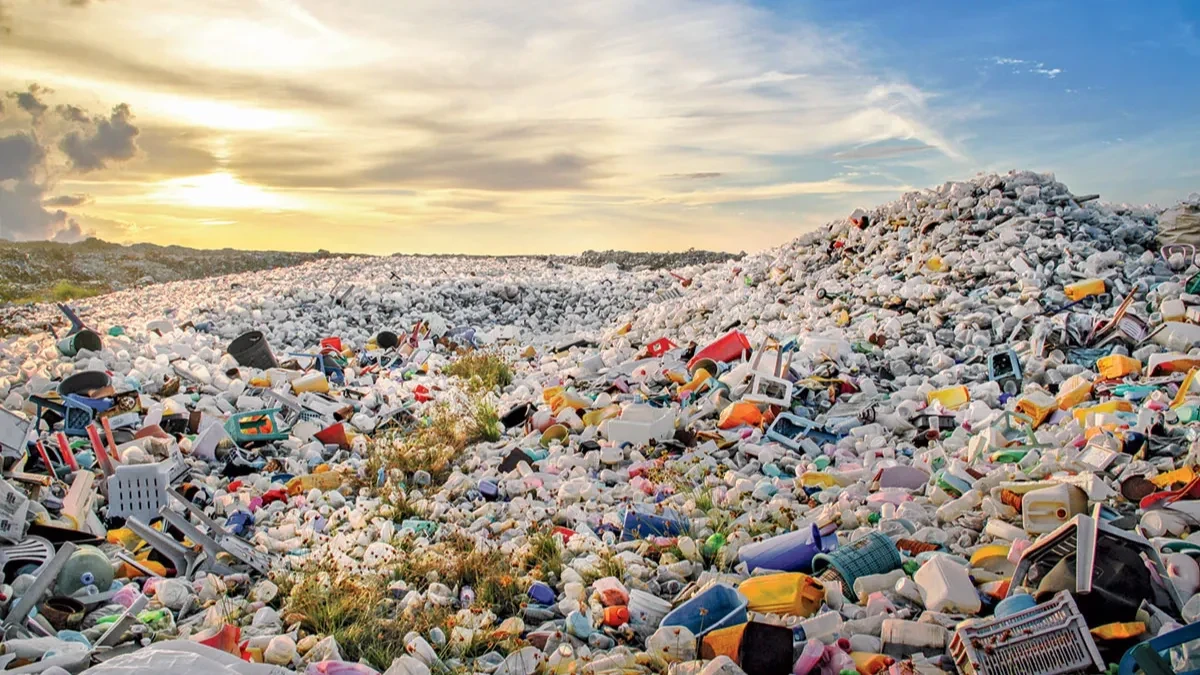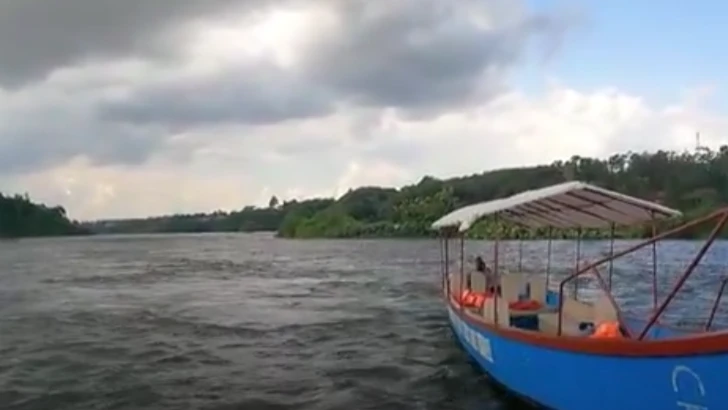Plastics treaty talks’ collapse implies countries tackle the problem at home

ACTIVISTS around the world were disappointed but not surprised mid last week over the collapse of negotiations for a binding United Nations treaty to combat the plastic pollution crisis.
While by mid-Thursday it was clear the talks had failed, organisers admitted failure on Friday morning. That came as key committees failed to reach any workable compromises that could be adhered to by a majority of the 183 countries participating in the talks.
The various expert teams were unable to bridge vast divides over production limits, toxic chemicals and financing. That this followed three years of diplomacy was a bad omen for multilateral talks.
Some could say that this wasn’t altogether surprising given the fact that plastics, unlike emissions of carbon gases, are less of an immediate threat to health and the environment than are rises in global temperatures and climate change.
The debate was thus in a sense a carry-over of the debate around the use of fossil fuels, with countries producing oil the key stakeholders in limiting discussions to plastic waste collection and recycling or non-polluting disposal.
Those without oil demanded a more principled treaty for vast reduction of a wide range of plastics, especially those relating to domestic use on account of findings that microplastics contributed to tissue weakness, cancers, etc.
Those not used to how diplomacy works will be surprised by what happened on the last day of the talks, with reports saying that Norway officially announced the failure “after a final overtime negotiation session lasting over 24 hours”.
Signs of what the discussion looked like can be gleaned with the fact that Denmark, a major multilateral assistance partner state, co-chaired the high-ambition coalition even as its sister state Norway, is a major oil producer.
More than 100 countries were in support of high ambition but it is unclear how many with oil or gas deposits, like Tanzania, chipped in.
The demand to end production of plastics and go for more expensive alternatives is accepted and worked for only partially, for there is a range of uses where transparent material is necessary for sales.
Where there might be a major difficulty is with regard to pollution in the high seas, where no country is technically responsible to look after the area as its specific environmental concern.
Here it is possible for UN agencies in that sphere to pick up a method in like manner as project work, where there could occur bilateral negotiations on the financing or in joint venture with large private companies.
Such work may have addenda like deep-sea mining, which is also a subject for vast debate on whether it should be taking place at all, in which case it will be opportune to link deep-sea mining with clearing vast plastics tonnage there. A bit of that format can be applied close to the seashore, just as efforts are made to clear coral reefs for fish to breed with comfort.
Top Headlines
© 2025 IPPMEDIA.COM. ALL RIGHTS RESERVED

















